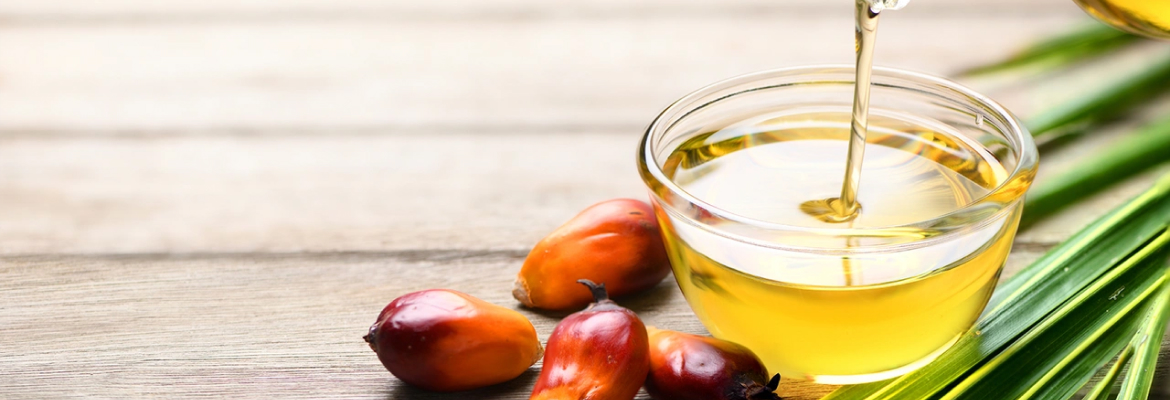Published on: September 3, 2024
This Palm Done Right month, Palm Done Right is excited to highlight our five promises, which are at the core of our mission to promote responsible and ethical palm oil production. These promises include a commitment to being 100% organic, fully traceable, deforestation-free, wildlife-friendly, and fair & social. In this article, we’ll be highlighting our dedication to organic, sustainable practices and what that means for manufacturers, distributors, and consumers alike.
This Palm Done Right month, we’re excited to spotlight one of our core promises: our commitment to 100% organic palm oil production and spreading awareness about the importance of organic practices. At Palm Done Right, we believe that sustainability is not just good for business or for bringing consumers high-quality products—it’s essential for the current and future health of our planet.
So what does it mean to be 100% organic? Organic palm oil is a sustainably produced alternative to conventional palm oil, cultivated using methods that prioritize the health of the environment and wildlife. Being 100% organic goes beyond simply avoiding synthetic pesticides and fertilizers. It’s an approach to palm oil production that prioritizes the ecosystem and actively works against harmful industry practices. For us, this means:
If you’re researching palm oil production, you might run across the term ‘conflict’ palm oil, or conventional palm oil produced using harmful methods that cause deforestation, wildlife displacement, and more. This conflict palm oil has given palm oil a poor reputation, and its harmful methods have been the topic of many controversies over the years.
It’s part of Palm Done Right’s mission to set new standards in the palm oil industry and put pressure on conventional palm oil producers to change their methods of production and make the change to organic, sustainable palm oil best practices.
You might wonder how different organic palm oil production could be from conflict palm oil or how one can cause so much harm while the other actively contributes to and promotes reforestation and the conservation of wildlife and the environment at large.
The following are just some of the ways organic palm oil stands out from its harmful alternatives:

Organic palm oil is important for so many reasons, from environmental preservation to protecting farmers and workers from exploitative conditions. Organic practices also ensure quality, which is imperative when palm oil makes up the ingredients of over half of the average person’s groceries.
At a glance, organic practices help preserve biodiversity, fight deforestation, combat climate change, and promote the long-term health of soil and ecosystems. Choosing organic, fair-trade products also means prioritizing workers’ rights, fair labor practices, and community development. On top of that, it means choosing palm oil free from chemicals, making the products it’s used in, or foods made with it healthier and more beneficial to consumers.
Palm Done Right’s commitment to 100% organic palm oil is just one of the five promises we make to our partners, consumers, and suppliers, but its importance cannot be overstated. As one of the most used oils in the world, palm oil is here to stay. With that comes the paramount importance of improving standards of palm oil production to conserve the environment and combat the forest and habitat destruction that comes with poor production practices.
This Palm Done Right month, we invite you to join us in our mission to transform the palm oil industry. By supporting organic, sustainable practices, we can all contribute to a healthier planet and a more equitable world. Learn how you can get involved today!
Palm can be grown for good, bringing benefits to:
Together, we can influence change for: